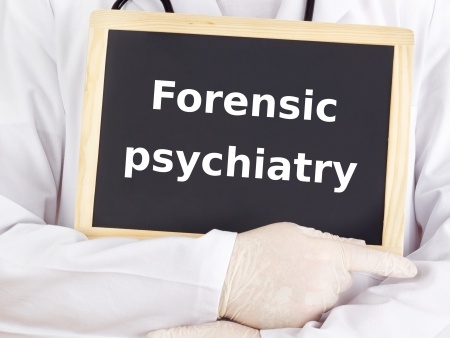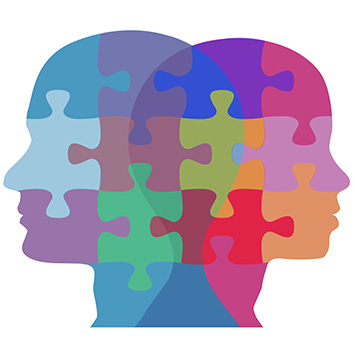What is an Impulse Control Disorder?
Impulse Control Disorders are a specific group of impulsive behaviours that have been accepted as psychiatric disorders under the DSM-IV- TR . Although they have been grouped together in this diagnostic category, there are striking differences as well as similarities between these disorders.
An Impulse Control Disorder can be loosely defined as the failure to resist an impulsive act or behaviour that may be harmful to self or others. For purposes of this definition, an impulsive behaviour or act is considered to be one that is not premeditated or not considered in advance and one over which the individual has little or no control.
While anyone can be capable of impulsive behaviours and/or actions at any given point, this particular diagnosis is used when there is a mental health issue present. In many cases, the individual may have more than one formal psychiatric diagnosis.
The impulsive behaviours or actions refer to violent behavior, sexual behavior, gambling behaviour, fire starting, stealing, and self-abusive behaviors.
Categories of Impulse Control Disorders
There are six categories under this general diagnosis: Trichotillomania, Intermittent Explosive Disorder, Pathological Gambling, Kleptomania, Pyromania, and Not Otherwise Specified. The first five are the most prevalent and common Impulse Control Disorders.
The NOS category comprises a large number of less frequently occurring Impulse Control Disorders that do not fit in the above categories.
Medical vs Legal Distinction of Terms
It is important to distinguish between the the diagnosis of an Impulse Control Disorder and the impulsive act.
The diagnosis is a psychiatric condition. The act that results from the disorder is often a criminal behavior.
In the case involving repeated stealing, for example, Kleptomania and Shoplifting are sometimes used interchangeably but one is a medical diagnosis and the latter is a legal term for a criminal act. An individual who shoplifts does not necessarily have kleptomania.
Causes of Impulse Control Disorders / Co-Morbidity
Impulsive behavior seems to have an underlying pre-disposition which may or may not be related to existing mental health or medical conditions but research over the past decade has stressed the substantial co-morbidity of Impulse Control Disorders with mood disorders, anxiety disorders, eating disorders, substance abuse, personality disorders, and with other specific impulse control disorders.
In particular cases, it may be clinically difficult to disentangle from one another, with the result that the impulsivity at the core of the disorders is obscured.
Some disorders, such as compulsive buying, compulsive sexual behaviour, repetitive self mutilation appear to show considerable similarities with other more traditional impulse control disorders and indeed may be more common.


